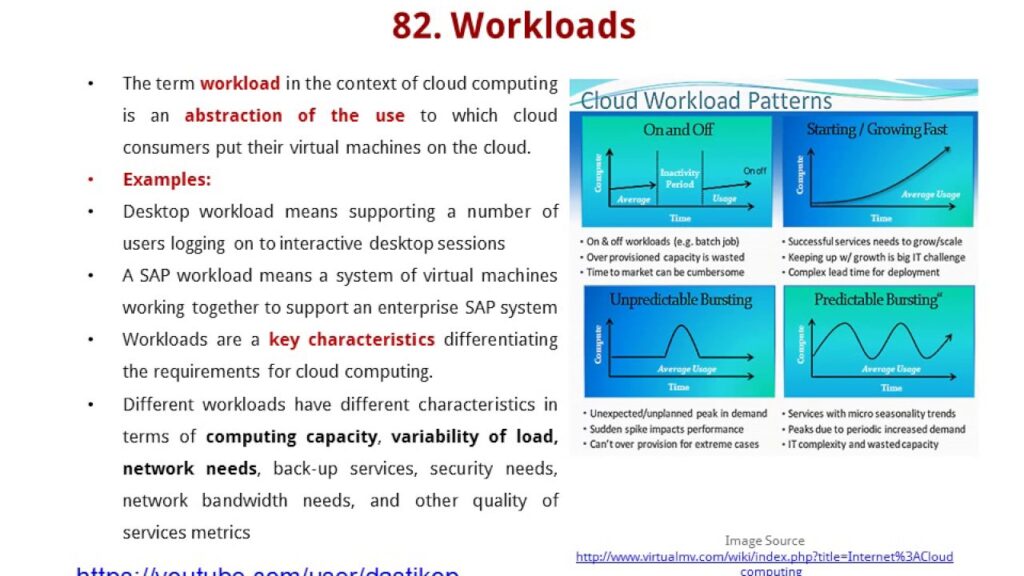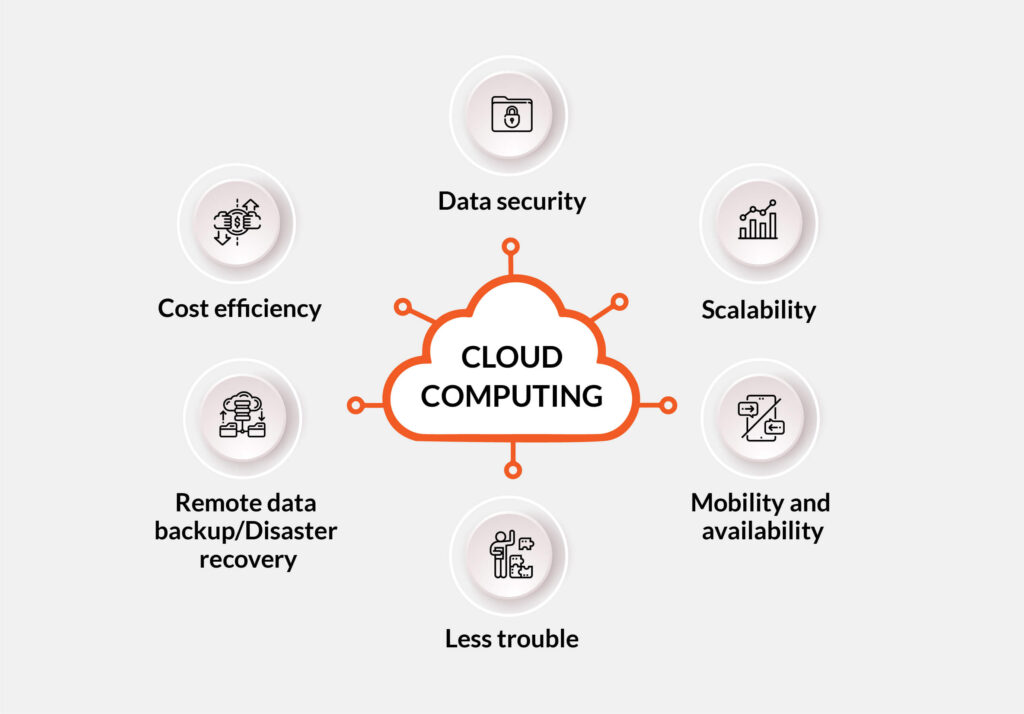In the realm of enterprise, IT infrastructure has been meticulously constructed and refined over the course of many years. While dependable, these systems often rely on outdated technologies and processes that struggle to keep up with the agility demanded in a cloud-first environment. The individuals managing these systems are not the typical digital disruptors we hear about; rather, they are experienced professionals who have dedicated years to mastering the complexities of legacy systems.
During the transition away from legacy systems through digital transformation, IT teams encounter a host of new challenges that extend beyond technology to core business and operational practices.
Embracing the cloud
Moving towards the cloud signifies more than just a technological shift; it represents a significant cultural transformation for existing IT teams. According to a Gartner report, enterprises must ensure that their digital and business strategies are intricately linked, and that their operating models are adaptable. This shift in approach necessitates that IT teams familiarize themselves with new technologies, adopt agile and iterative methodologies, and promote the use of cloud services throughout the organization.
One of the primary challenges faced by these teams is the push for greater agility. Legacy IT is characterized by an emphasis on stability and control, which contrasts with the flexibility, speed, and occasional experimentation seen in cloud environments. Therefore, IT teams accustomed to traditional modes of operation must adjust to this new paradigm in order to continue delivering value to the organization.
Many IT teams spearheading cloud initiatives are hindered not by the technology itself, but by their ingrained ways of working. The Gartner report suggests that CIOs and IT leaders collaborate with their teams to help them adapt to the new landscape and effectively utilize new tools.
Furthermore, the expertise of these teams, honed over years of working with legacy systems, may not align with the requirements of cloud technologies. Retraining and upskilling are imperative to ensure teams can contribute effectively to the organization’s digital transformation endeavors.
For organizations deeply entrenched in outdated IT infrastructure, the journey towards successful cloud adoption involves striking a balance between the old and the new. According to Gartner’s insights, it is crucial for CIOs to take the lead in this process, tempering the company’s aspirations with the capabilities of its IT teams.
Ultimately, the success of companies in the digital age will hinge on their ability to adapt and evolve. By embracing cloud technologies and agile practices, IT teams can shift from being viewed as a cost center to being recognized as a strategic asset, fueling innovation and competitiveness in the era of cloud computing.
Join the cloud revolution
For IT leaders and teams grappling with these challenges, Nordcloud’s upcoming event, The Cloud Revolution Summit, offers a unique opportunity to gain insights and practical strategies. Scheduled for September 18, 2024, this hybrid event will enable participants to engage both in-person and online. Attendees are encouraged to submit their most pressing cloud challenges prior to the summit, ensuring that real-world issues are addressed through dynamic, expert-led discussions.
With its innovative format, distinguished speakers, and focus on delivering actionable solutions, The Cloud Revolution Summit is a must-attend event for those serious about cloud technology and digital transformation. To register and submit your challenges, visit Cloudrev.Nordcloud.com. Don’t miss this opportunity to drive change within your organization and lead your IT team into the future.



